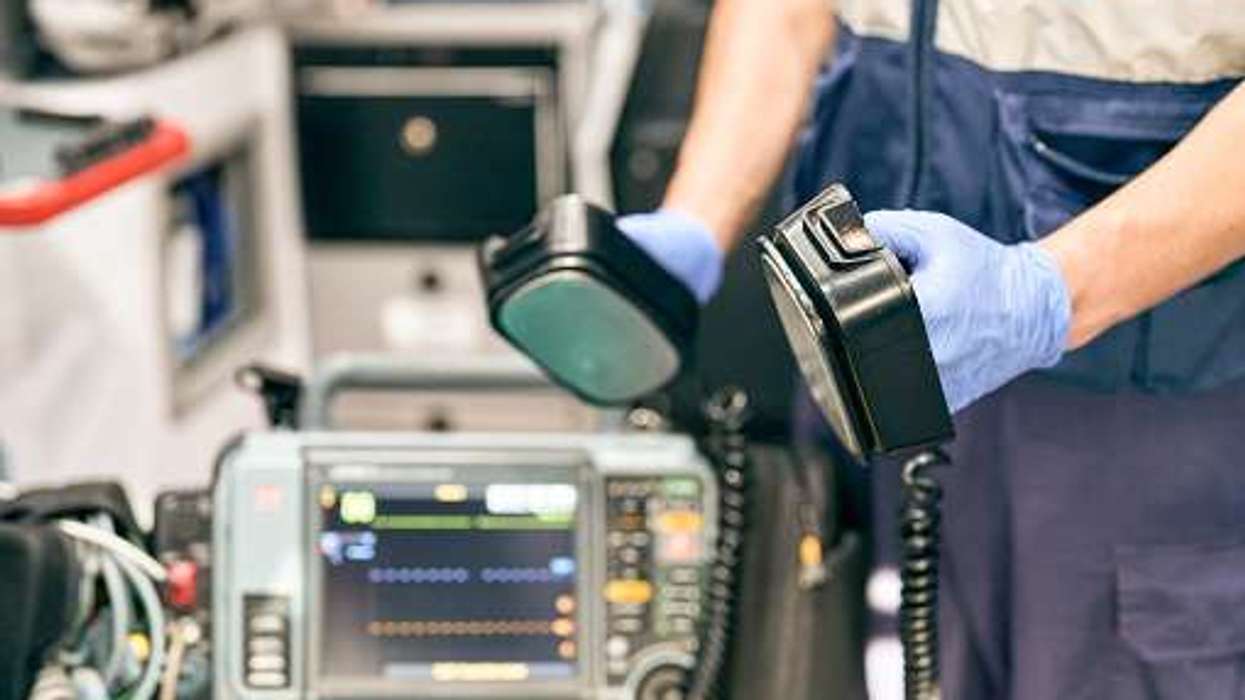Within the last few weeks, at least six pharmacists have been subjected to interim order applications -- either suspended or had significant restrictions placed upon their registration pending a full ‘Fitness to Practise’ hearing into serious allegations being made about their prescribing practices, the Pharmacists’ Defence Association (PDA) has found.
It said that there has been a "dramatic increase in action being taken by the pharmacy regulator (GPhC) against pharmacist prescribers associated with certain types of online prescribing services".
It has warned pharmacist prescribers who work for online pharmacies about the specific risks associated with remote prescribing using a questionnaire-based model, typically with no direct prescriber/patient interaction.
Common features that underpin the allegations include the following: Overreliance on a patient questionnaire to inform clinical decision making; No patient/prescriber interaction; Prescribing high risk medicines without adequate safeguards; Inadequate systems and processes leading to inappropriate prescribing; Very high volumes of prescriptions being authorised in short periods of time; and Prescribers/patient relationship established via an unregulated online portal.
To progress the allegations being made, the GPhC has instructed an expert clinical adviser whose views on online prescribing can be summarized as:
- In order for a competent prescriber to exercise their clinical judgment to make a safe and effective prescribing decision, a clinician should consider non-pharmacological treatments first in conjunction with or instead of prescribed medication. This should follow a two-way dialogue with the patient so that the patient can make an informed choice about potential treatment options.
- The pharmacist prescriber is expected to have the necessary background clinical information in order to make a safe and clinically appropriate decision to supply (current physical and mental health, current medication prescribed, current secondary care treatment, investigations and planned follow up).
- Access to patients’ medical records or communication with their GPs are a vital step in the consultation process in order for the prescriber to evidence clinical history and corroborate the self-reported information given in the questionnaire
- Such information can only be gleaned by accessing medical records or discussing with a patient’s GP and without this clinical information, it is unsafe for a clinician to prescribe any medication. If there is not a satisfactory 2-way discussion between Clinician and patient, there is a risk of inappropriate medication being prescribed including duplicate medication, drugs of potential misuse, failure to optimise current medication, give medication in wrong formulation, prescribe out with local or national guidelines, or clinically unsuitable drugs.











